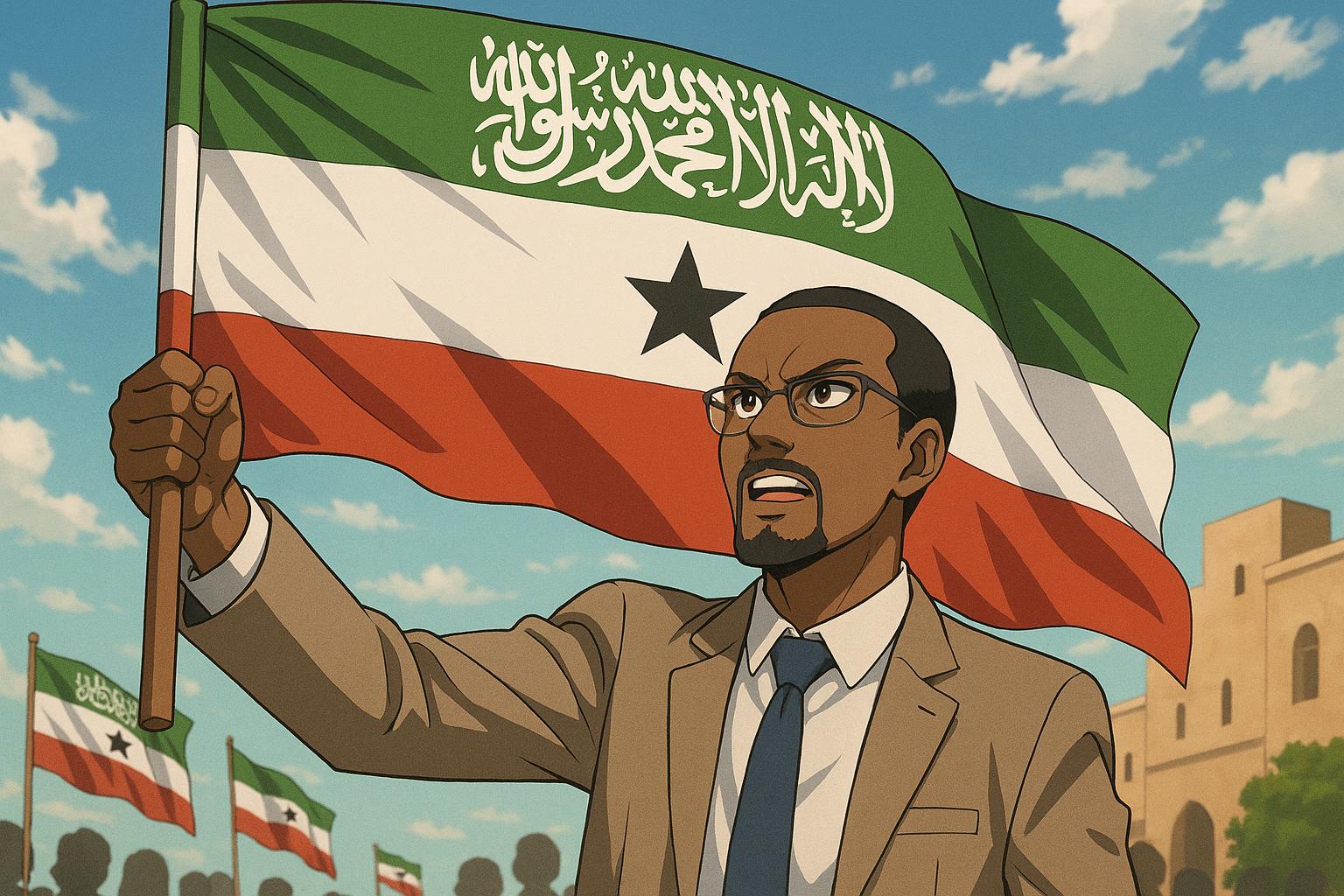As discussions around international recognition for Somaliland gain renewed momentum, the historical context and ongoing developments highlight the unique situation of this self-declared republic. Alun Michael, a former MP for Cardiff South and Penarth, argues passionately for Britain’s readiness to acknowledge Somaliland as an independent state, framing it as a beacon of democracy in Africa. In his perspective, presented recently, he stresses the country's impressive track record of democratic governance, peaceful power transitions, and economic progress since it reasserted independence from Somalia in 1991.
Decades of struggle since the mid-20th century have shaped Somaliland's identity. After gaining independence from Britain in 1960, Somaliland merged with the former Italian Somaliland, a decision that ultimately led to years of turmoil under Mohamed Siad Barre’s dictatorship. Human suffering and violence marked this period, prompting many Somalilanders to seek refuge abroad, particularly in the UK. Michael recalls this historical grief and the contributions made by Somalilanders to British society, particularly during conflicts such as the Second World War, framing their ongoing quest for recognition as a vital narrative in British-Somali relations.
Despite Somaliland being a functional democracy — with features like robust electoral processes and clan-inclusive governance models — it remains unrecognised on the global stage. While Somaliland conducts regular elections, recent years have seen significant political progression. The 2022 presidential election underscored this, marked by the peaceful transition of power from the incumbent president to opposition leader Abdirahman Mohamed Abdullahi, symbolising a stable political environment in stark contrast to the persistent chaos afflicting Somalia.
This lack of recognition has tangible consequences for Somaliland, particularly in terms of economic engagement and international support. According to reports, Somaliland's status prevents it from fully participating in global trade and receiving developmental aid, which has stymied its growth potential. Some countries, however, have established diplomatic presences in the region, including Ethiopia, which signed an agreement in January that allows access to coastlines in exchange for recognition of Somaliland’s independence. This deal not only highlights regional geopolitics but also positions Somaliland in a strategic partnership intended to bolster maritime security amidst regional threats.
The reluctance of larger entities such as the African Union to formally recognise Somaliland often stems from fears that it could encourage separatist movements within other member states. This hesitancy overlooks Somaliland’s distinct narrative: it is not seeking to fragment any existing state but rather to affirm its right to self-determination. Observers have noted that Somaliland's governance, which adeptly weaves modern political frameworks with traditional clan governance, has allowed it to maintain social harmony and achieve notable stability in a region frequently marred by conflict.
Critics of recognition efforts often cite the potential backlash from Somalia. However, as Michael argues, encouraging a robust democratic framework in Somalia itself may yield greater benefits than opposing Somaliland’s aspirations. He asserts that Somalia would do well to learn from its northern neighbour's successes rather than stifle its progress out of fear of regional instability.
As awareness grows around Somaliland's established governance and its contributions to regional security, the call for international recognition intensifies. Advocates like Michael urge the UK and other nations not only to acknowledge Somaliland's statehood but to also advocate for a broader understanding of its historical context and current achievements. The question now remains: will the international community respond to Somaliland's call, or will it continue to be left in diplomatic limbo, despite its compelling case for statehood?
📌 Reference Map:
- Paragraph 1 – [1], [2]
- Paragraph 2 – [1], [2], [3]
- Paragraph 3 – [3], [5], [6]
- Paragraph 4 – [4], [7]
Source: Noah Wire Services
